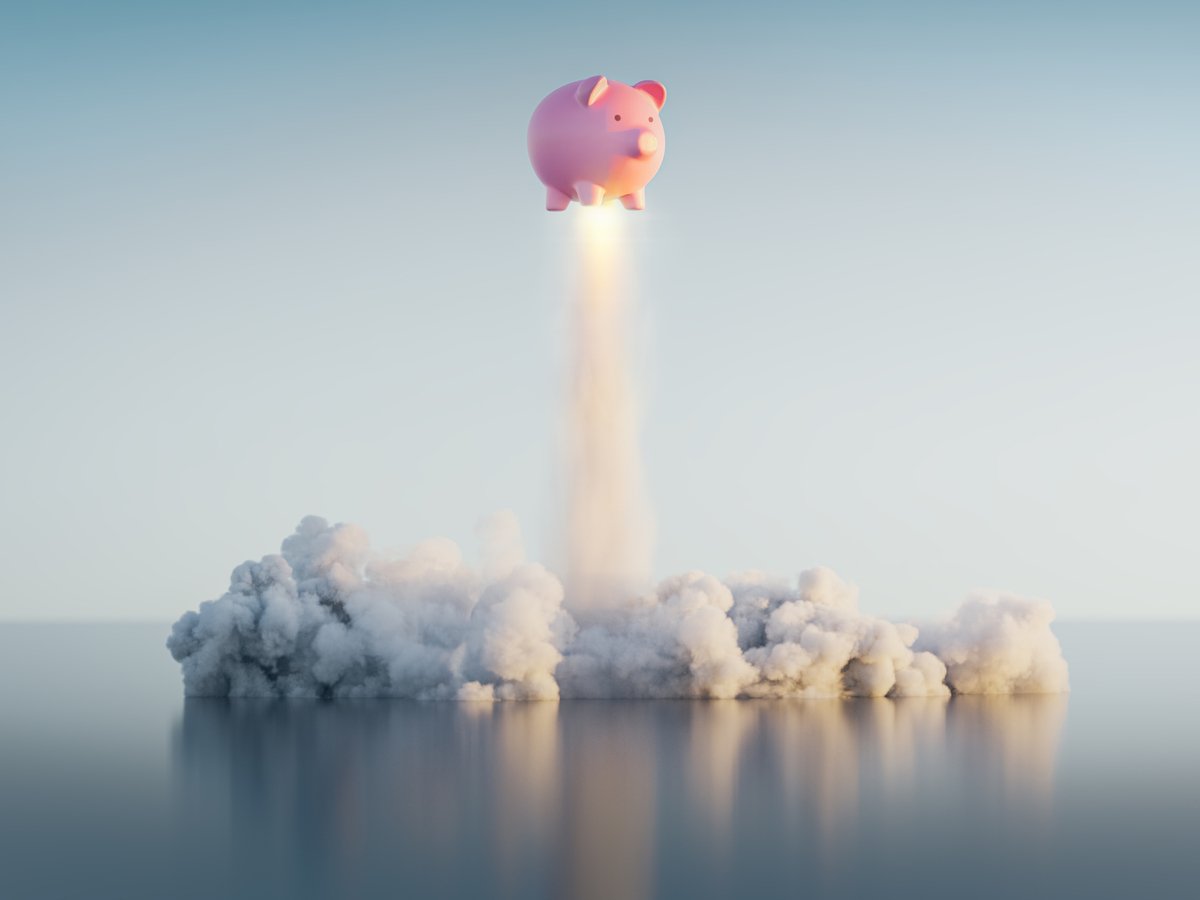In a March piece for Quartz, venture capitalist Scott Kupor argues that our growing wealth inequality is partly a result of fewer small IPOs. As an example, while a company like Facebook (FB 1.15%) goes public at a $100 billion, only the early investors with the right connections were able to profit off the company's growth. Kupor contrasts this with Microsoft (MSFT +0.02%), which in 1986 went public at a $500 million valuation and allowed the public to get a piece of its growth into a $200 billion company.
To solve this, Kupor wants the SEC to replace the decimalization that went into affect in 2001 -- that is, pricing stocks with penny increments -- with the previous fractional system. His reasoning is that the larger price spreads will increase the incentive for banks to trade, research, and sell smaller stocks.
Is Kupor right? Is decimalization to blame for fewer small IPOs and therefore less opportunity for the middle class to reap stock market rewards?
Fewer small IPOsThe fact that there are fewer smaller IPOs is undeniable:

Source: Jay R. Ritter, University of Florida.
However, there are other reasons why a drop-off in small IPOs could have taken place outside of decimalization.
For one, the Sarbanes-Oxley Act of 2002 increased the cost of complying with regulation and hit smaller companies disproportionally. In its own 2006 report, the SEC notes that compliance costs for businesses with less than $100 million in annual revenue were higher than 2.5% of revenue, versus less than 0.1% of revenue for a company making more than $5 billion per year. In 2010, the SEC relaxed the regulations for smaller filers to help reduce this cost burden, but the number of small IPOs still remains low.
This could be because regulation changes have little to do with the smaller number of IPOs. New companies based around software have less need to raise large amounts of capital and can easily scale up with a few smaller investment partners. While even Microsoft had little immediate need for its cash, its first line for the use of proceeds at least listed "general corporate purposes, principally working capital, product development, and capital expenditures." Facebook, in this new culture, put its first use as "creating a public market for our Class A common stock and thereby enable future access to the public equity markets by us and our employees."
A broader view
However, even if small IPOs caught on, would it really affect wealth inequality?
According to the Federal Reserve, only 15% of the American middle class, defined as having income between $35,600 and $94,600, held stocks outside of a retirement account. That's a small portion of the middle class that would benefit from grabbing shares in early-stage companies -- that is, if those shares even ended up rising in value.
The data, taken from 1980 to 2011, reveals that small IPOs perform worse:
Source: Jay R. Ritter, University of Florida. Returns are market adjusted.
And the smaller the IPO, the worse performance it had over the next three years. On the other hand, only companies which reported sales above $500 million in the year prior to going public earned a positive average return. It seems the middle class would get burned if able to grab shares in these earlier stage companies.
No easy solution
While it would be nice to flip a switch and help fix inequality, as Kupor suggests would happen if the SEC reverted back to a fractional price system instead of the current decimal system, the data contradicts some aspects of that argument.
Focusing on decimalization ignores other broad changes in our economic culture, like the higher costs Sarbanes-Oxley levied on small public companies and the reduced need for outright capital to launch a massive business with today's technology.
The lack of small IPOs has not robbed much of the middle class of wealth opportunities, as only 15% of the middle class invests in stocks outside of retirement accounts. And, because the average small IPO earns negative returns, the lack of small IPOs has, if anything, saved the middle class from destroying wealth.






